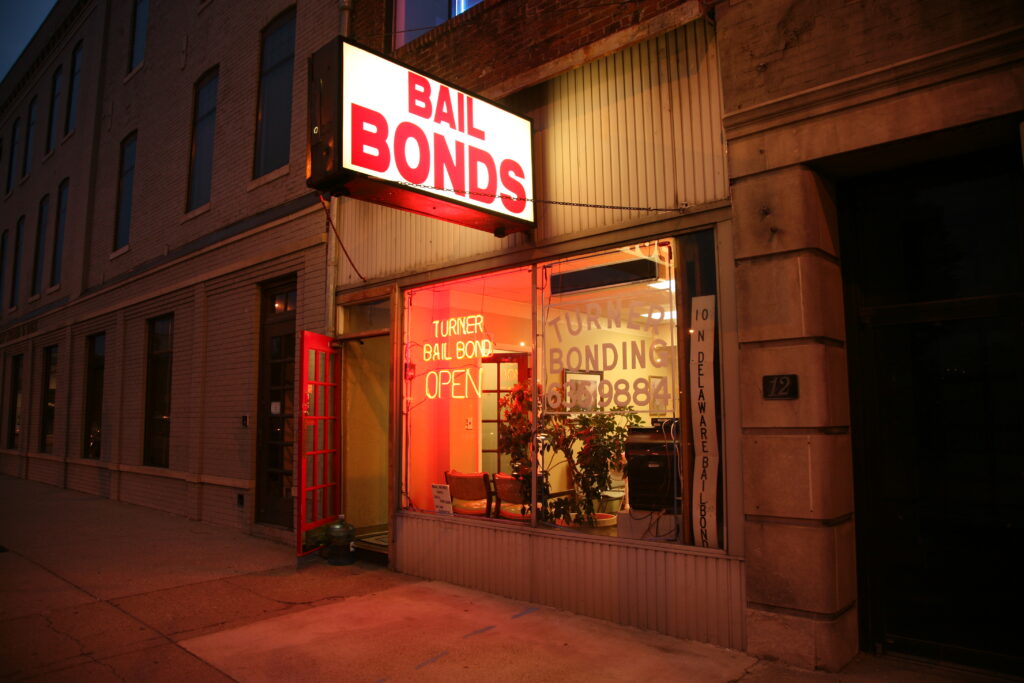
Bail bondsmen play a critical role in the criminal justice system by helping defendants secure their release from jail while awaiting trial. In Michigan, bail bondsmen must meet several requirements before they can become licensed to operate in the state. This process can be complicated and time-consuming, making it difficult for aspiring bail bondsmen to enter the profession. In this blog post, we’ll explore the requirements and challenges associated with becoming a licensed bail bondsman in Michigan.
What is a Bail Bondsman?
First, it’s important to understand what a bail bondsman does. When someone is arrested and charged with a crime, they may be granted bail, which is a sum of money that they must pay to the court in order to be released from custody until their trial. Bail amounts can be substantial, ranging from a few thousand dollars to hundreds of thousands of dollars or more.
Many defendants cannot afford to pay the full amount of bail themselves, so they turn to a bail bondsman for help. A bail bondsman is a licensed professional who puts up a bond on behalf of the defendant, guaranteeing their appearance in court. In exchange for this service, the defendant pays the bail bondsman a fee, typically 10% of the total bail amount.
If the defendant fails to appear in court as required, the bail bondsman is responsible for paying the full amount of the bail to the court. This gives bail bondsmen a powerful incentive to ensure that their clients show up for their court dates, often through the use of monitoring and tracking services.
Becoming a Licensed Bail Bondsman in Michigan
In Michigan, becoming a licensed bail bondsman is a multi-step process that involves several requirements and qualifications. Let’s take a closer look at each of these requirements:
Age and Residency Requirements
To become a licensed bail bondsman in Michigan, you must be at least 18 years old and a resident of the state. You must also have a high school diploma or equivalent.
Criminal Record Check
All applicants for a bail bondsman license in Michigan must undergo a criminal record check. If you have been convicted of a felony or certain misdemeanors, you may be disqualified from obtaining a license.
Pre-Licensing Education
Before you can apply for a bail bondsman license in Michigan, you must complete a pre-licensing education course. This course covers topics such as the legal and regulatory framework of the bail bonds industry, as well as the ethical and professional standards that bail bondsmen are expected to follow.
Licensing Exam
Once you have completed the pre-licensing education course, you must pass a licensing exam. This exam covers the material covered in the pre-licensing education course, as well as additional topics related to the bail bonds industry and Michigan law.
Financial Requirements
To become a licensed bail bondsman in Michigan, you must have the financial resources to back the bonds you write. This means that you must have sufficient funds or surety bonds to cover any potential losses that may occur if your clients fail to appear in court.
Insurance
All licensed bail bondsmen in Michigan are required to maintain liability insurance coverage in the amount of at least $100,000 per occurrence and $300,000 in the aggregate.
Continuing Education
Once you have obtained your bail bondsman license in Michigan, you must complete continuing education courses each year to maintain your license. These courses cover topics such as changes to Michigan law, updates to industry regulations, and best practices for bail bondsmen.
Challenges of Becoming a Licensed Bail Bondsman in Michigan
While the requirements for becoming a licensed bail bondsman in Michigan may seem straightforward, there are several challenges that aspiring bail bondsmen may face during the process. Let’s take acloser look at these challenges:
Financial Requirements
One of the biggest challenges of becoming a licensed bail bondsman in Michigan is meeting the financial requirements. To be licensed, you must have sufficient funds or surety bonds to cover any potential losses that may occur if your clients fail to appear in court. This can be a significant financial burden, especially for new bail bondsmen who may not have a large amount of capital to invest.
Licensing Exam
Passing the licensing exam can be a challenge for many aspiring bail bondsmen in Michigan. The exam covers a wide range of material, including Michigan law, industry regulations, and best practices for bail bondsmen. It can be difficult to prepare for the exam, especially if you don’t have a background in the legal or financial industries.
Criminal Record Check
If you have a criminal record, you may be disqualified from obtaining a bail bondsman license in Michigan. This can be a major obstacle for individuals who have made mistakes in the past but are trying to turn their lives around. It’s important to note that the Michigan Department of Insurance and Financial Services will review each application on a case-by-case basis, so a criminal record may not necessarily disqualify you from obtaining a license.
Competition
The bail bonds industry is highly competitive, and there are many established bail bondsmen operating in Michigan. It can be difficult for new bail bondsmen to break into the market and establish a client base. Building relationships with attorneys and other members of the legal community can help you to establish yourself as a trusted and reliable bail bondsman.
Regulatory Changes
The bail bonds industry is subject to frequent regulatory changes, both at the state and federal level. As a licensed bail bondsman in Michigan, you must stay up-to-date on these changes and adjust your business practices accordingly. This can be a time-consuming and challenging task, but it’s essential for maintaining your license and operating a successful bail bonds business.

Becoming a licensed bail bondsman in Michigan is a challenging process that requires a significant investment of time, money, and effort. The financial requirements, licensing exam, criminal record check, competition, and regulatory changes can all make it difficult for aspiring bail bondsmen to enter the profession. However, for those who are willing to put in the work, becoming a licensed bail bondsman can be a rewarding and profitable career path.
